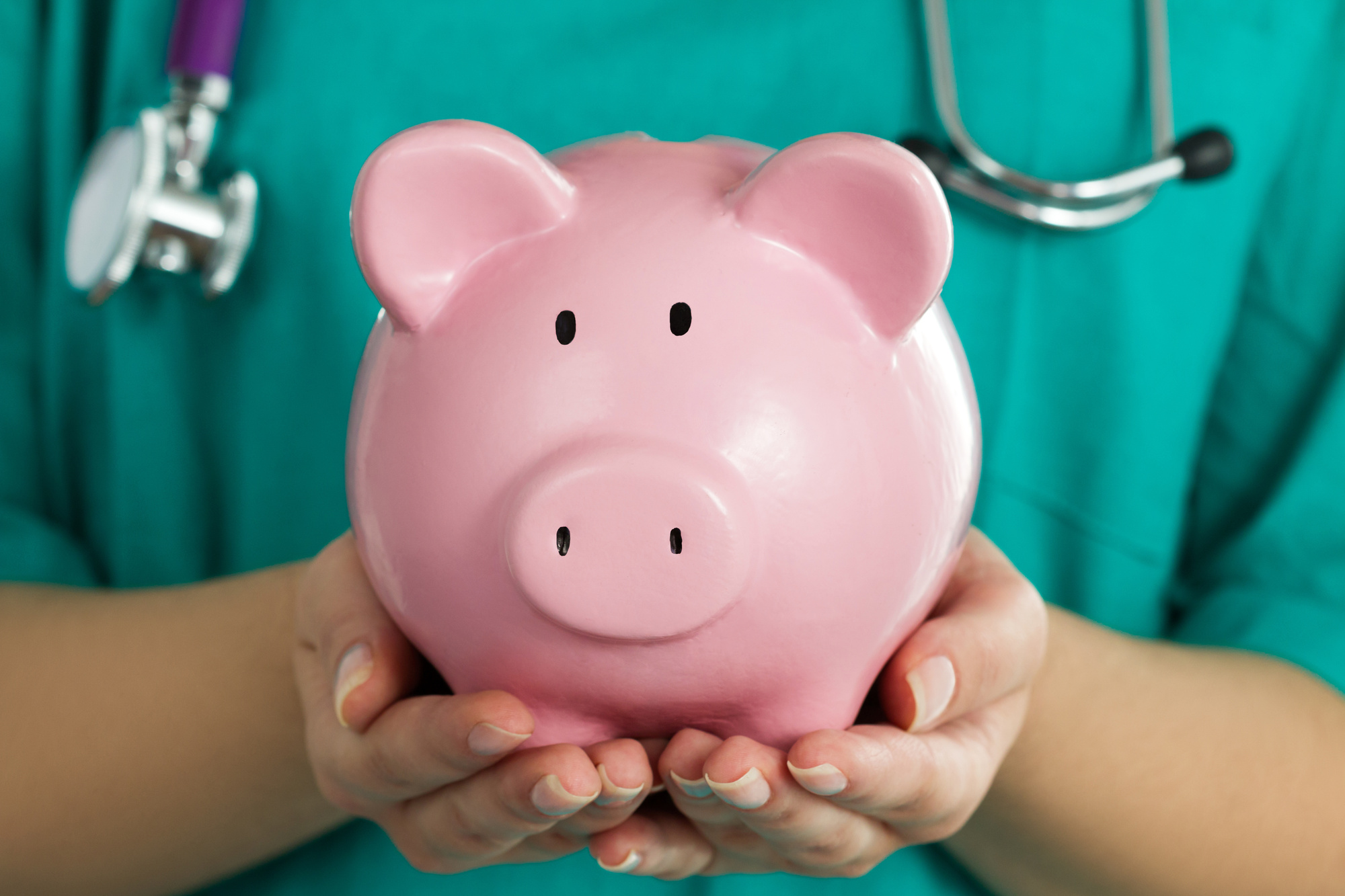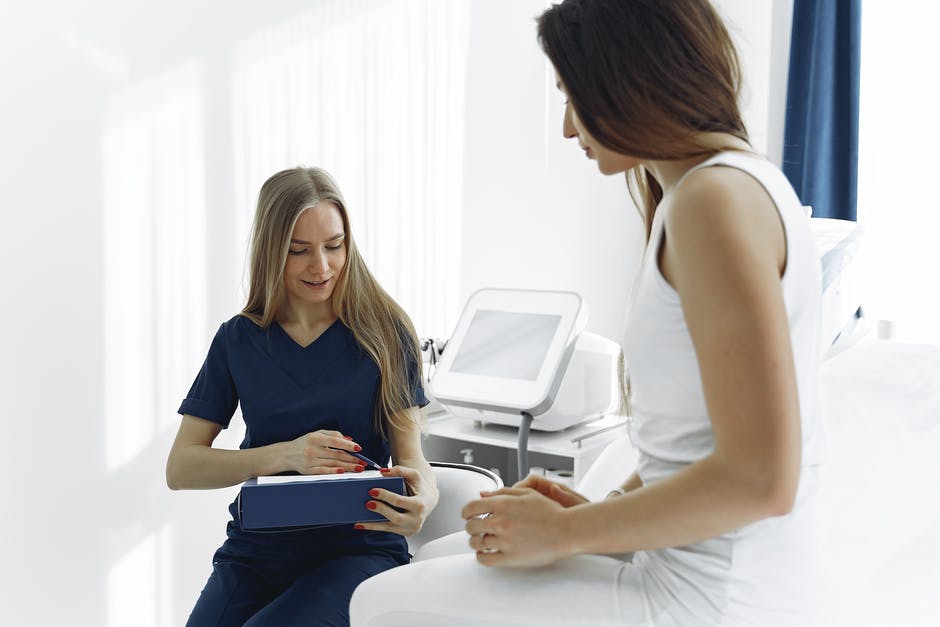What You Can Do to Help Protect Your Senior Neighbors and Loved Ones From COVID-19

How can you help protect the most at-risk population from contracting the coronavirus?
The latest statistic on the COVID-19 situation in the US is that it has surpassed China’s death toll. Though China’s statistics are doubtful, let’s focus on the 3,300+ US that died from the virus.
If you’re holding up okay during this time, take the time to check in on your senior neighbors or family members. Remember, they have greater chances of contracting the virus if they’re not careful. Below, we listed down specific steps you can do to help them out during this crisis.
We also included some quick facts about the coronavirus as well as some FAQs in the article.
1. About COVID-19
In December 2019, we began to hear more about the then-novel coronavirus. Right now, we’re facing a global pandemic because of this infectious and dangerous virus. The coronavirus is a new strain in a family of viruses that range from the common cold to serious diseases.
We’ve seen other viruses from the same family in the last couple of decades. The SARS-CoV broke out in 2003 while the first reported case of the MERS-CoV was in 2012. This newest coronavirus disease began in 2019 in Wuhan, China, thus its name COVID-19.
Who Are Most At Risk?
The US Census Bureau reports that senior citizens make up 16% of the US population. The aged must take extra precautions during this time since they’re most at-risk. People 80 years old and older have the greatest risk of contracting the disease.
Besides the elderly, vulnerable populations also include people with underlying health conditions. No matter how old you are, if you have underlying conditions, it’ll be harder to fight off the virus and recover from it. This includes people with heart disease, lung disease, and diabetes.
Now, let’s talk about how you can protect them and yourself from COVID-19. If you have more questions on COVID-19, check the end of the article for FAQs.
2. Practice Social Distancing
The 2019 coronavirus spreads from person to person through respiratory droplets. It can spread through an infected person’s sneeze or cough. Social distancing is one way to prevent the virus from spreading.
We can’t emphasize this point any more than we already have.
Stay at least 6 feet (1.8 meters) away from other people. COVID-19 spreads quicker because many people ignore this rule.
Remember, the COVID-19 virus spreads through respiratory droplets. Depending on how a person releases them, respiratory droplets can travel up to 6 feet through the air. When someone has the coronavirus and they go to a public place, it’s very easy to spread the virus.
Imagine there are at least 100 people in a typical public area. Even only one infected person can spread the virus to ten people at first. These ten people become carriers of the virus, and each one can then spread it to ten more.
This is why many senior citizens mustn’t go to public places. If you know of one or a couple of senior citizens who live alone, get home health care services for them. Home health caregivers know how to assist and protect the elderly from the COVID-19 virus.
3. Keep Senior Neighbors and Family Members Involved and Informed
The cliché ‘No man is an island’ remains true despite today’s circumstances. Remember that social distancing is not the same as social isolation. Nobody wants to get left out or isolated from everyone else.
You can keep your one-meter distance from others, but it doesn’t mean you stop talking to people. Our voices can carry long distances and our ears can still pick up the softest of cries. Yet, the main thing that we need to be aware of is the impact of social distancing to older members of the community.
Now, we’re telling elders to stay at home and keep their distances from others around them. They can’t go out for quiet walks, practice their faith, exercise with friends, or even go out to see their families. We’re further limiting their already limited social reach.
Put yourself in an elderly person’s shoes. In most cases, you’ll see yourself stuck in a lonely place with nobody to talk to.
If you have a neighbor who is elderly, don’t forget to knock on their door and ask about how they’re doing. Keep them in the loop about the latest news from social media. If you can, offer to help them make video calls or calls to their loved ones.
Even a smile through a window can help brighten up a senior citizen’s day.
4. Offer to Get Supplies and Medicine for Your Elderly Neighbor
Since older adults are more at risk of contracting the virus, be considerate. If you have an elderly person as a neighbor, help them with their groceries. Offer to help them order their groceries online.
Remember that the elderly must not go to the store themselves. If they need something from the market, offer your aid to get them what they need. If you are the younger, healthier relative of a senior citizen, volunteer to go outside to buy what they need.
Better yet, get them what they need for the week. This way, they don’t have to ask you to go out every two or three days. Insist on going out on their behalf if they feel ashamed for imposing.
At this point, if they go out, they risk their lives.
5. Wash Hands and Disinfect Surfaces Often
We mentioned that the coronavirus often gets transmitted through respiratory droplets. One can also contract the virus through touch. If you touched a contaminated surface and then touched your eyes, nose, or mouth, you have a good chance of contracting COVID-19.
To decrease these chances, pick up the habit of washing your hands often. There’s nothing better to clean your hands with than to wash them with soap and water. Do this every time after you touch smartphones, ATMs, elevator buttons, and more.
If you can’t access a sink, make sure you always bring a small bottle of sanitizer or alcohol with you. Make sure you also inform your senior neighbors and family members. If they have a difficult time picking up the habit, remind them often instead.
It’s also a good idea to disinfect surfaces often. Wipe down surfaces often touched by people with disinfectant or alcohol. These include door handles, handrails, communal surfaces, and such.
Wash fabrics with bleach to disinfect and kill the virus on their surfaces. There’s no definite study yet on how long the virus lasts on surfaces. It’s better to stay on the safe side than inside quarantine.
6. Keep an Eye on Symptoms
To know if you’re sick, it’s important to check your temperatures at least twice a day. This way, you can check for and catch COVID-19 patients early. The sooner a person gets treatment, the higher his/her chances of recovering from the virus.
Even if you’re sure you don’t have the COVID-19 virus, practice your manners. If you must cough or sneeze, cover your mouth with the bend of your elbow. Better yet, step away or turn away from anybody who is nearby.
7. Further Questions on COVID-19
Have more questions about the virus? Read below for answers.
What Are the Symptoms of COVID-19?
Like SARS and MERS, COVID-19 targets your respiratory system. Its early stages will cause cold-like symptoms. This means you’ll experience shortness of breath, cough, fever, and/or difficulty breathing.
The symptoms of the COVID-19 may be more severe for older adults. This is also true for those with compromised immune or respiratory systems.
If They Had a Common Flu, How Long Does the Flu Last in the Elderly?
Sometimes, the symptoms you see may only be the common flu.
In a typical situation, the symptoms of the common flu can last 3-7 days on an average adult. For the elderly, it may last longer. Senior citizens are also more likely to have serious complications.
Unless you have access to COVID-19 test kits, there’s no certain way of knowing if a person has the coronavirus. The safest way to handle this is to seek medical attention as soon as flu symptoms appear.
What to Do If You Think You Have the Coronavirus Disease
Not all COVID-19 patients will show symptoms. If you think you got exposed to a COVID-19 patient, stay at home and practice social distancing. Observe if you develop symptoms.
Fever, cough, and difficulty breathing are the typical symptoms of the COVID-19 disease. If you notice you’re exhibiting flu-like symptoms, seek medical attention right away. Before you go to a hospital, call in advance. Let them know about your symptoms so they may prepare for your arrival.
Do Your Part in the Community
You can only help keep the virus at bay if you follow the rules given by the government and health officials. Remember, we’re all part of the community fighting against COVID-19. While we must follow the rules for ourselves, we also have a moral duty to help those in need, especially the elderly.
That’s it for our guide on how you can help senior neighbors and family members during this time of global crisis. If you liked what you read, check out our other guides now.



